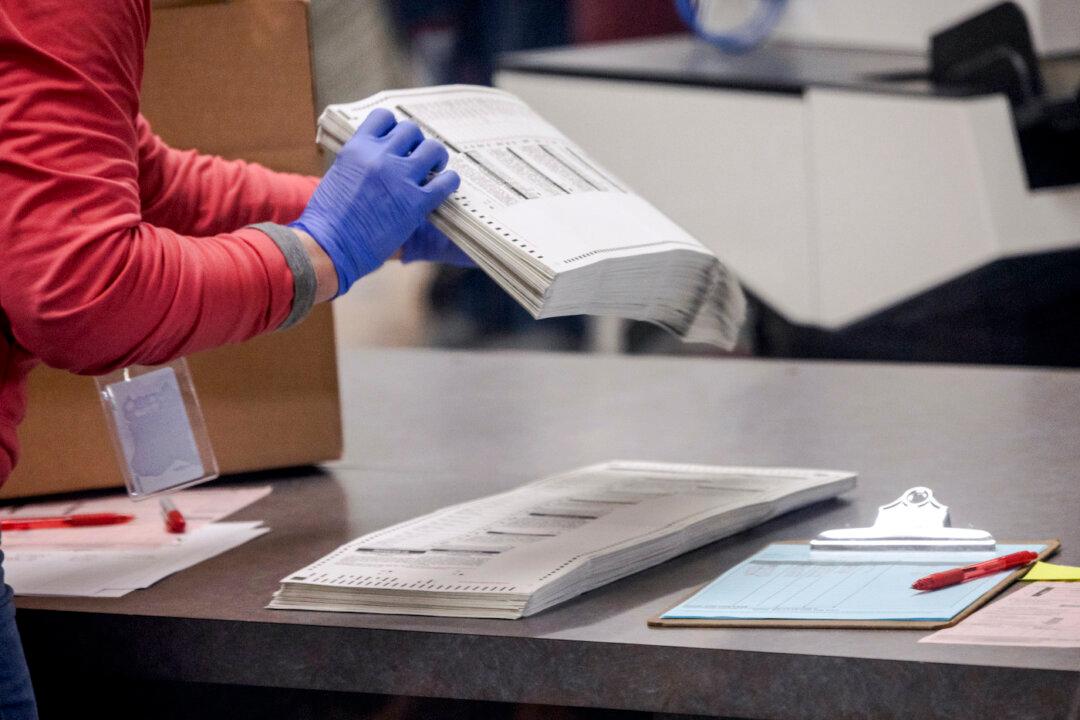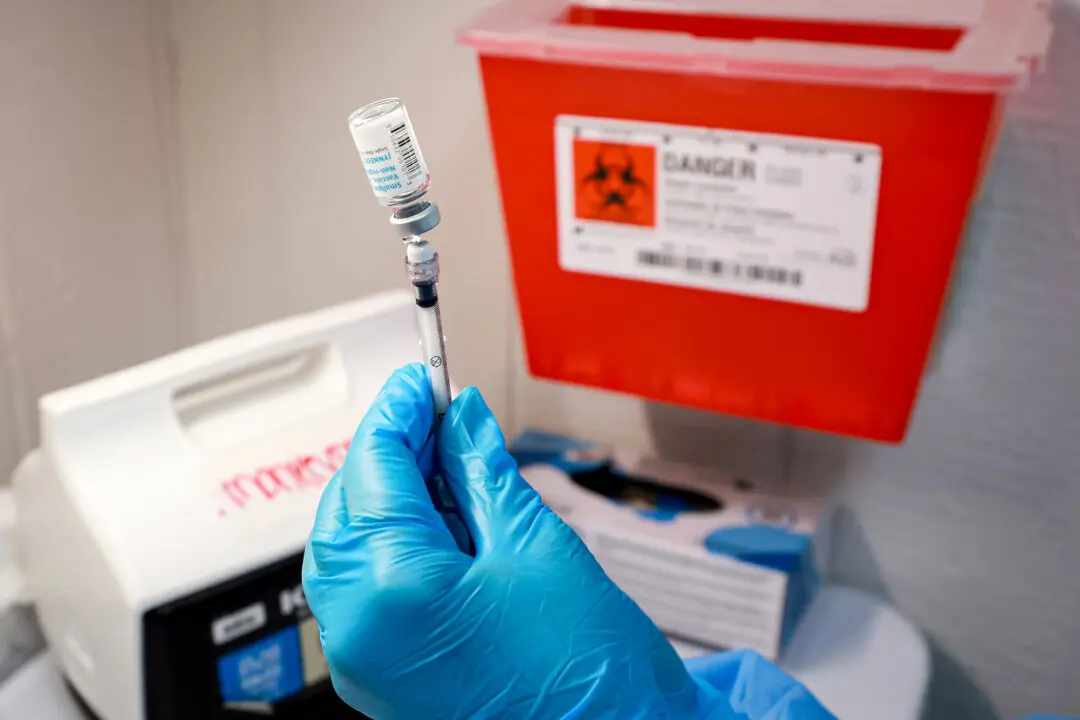Officials in Arizona have discovered a flaw that allowed more than 97,000 residents to vote in state and local races despite not providing proof of citizenship, which is required by law.
The Arizona Supreme Court has been petitioned to determine whether the people can still vote in November without providing proof of citizenship.





